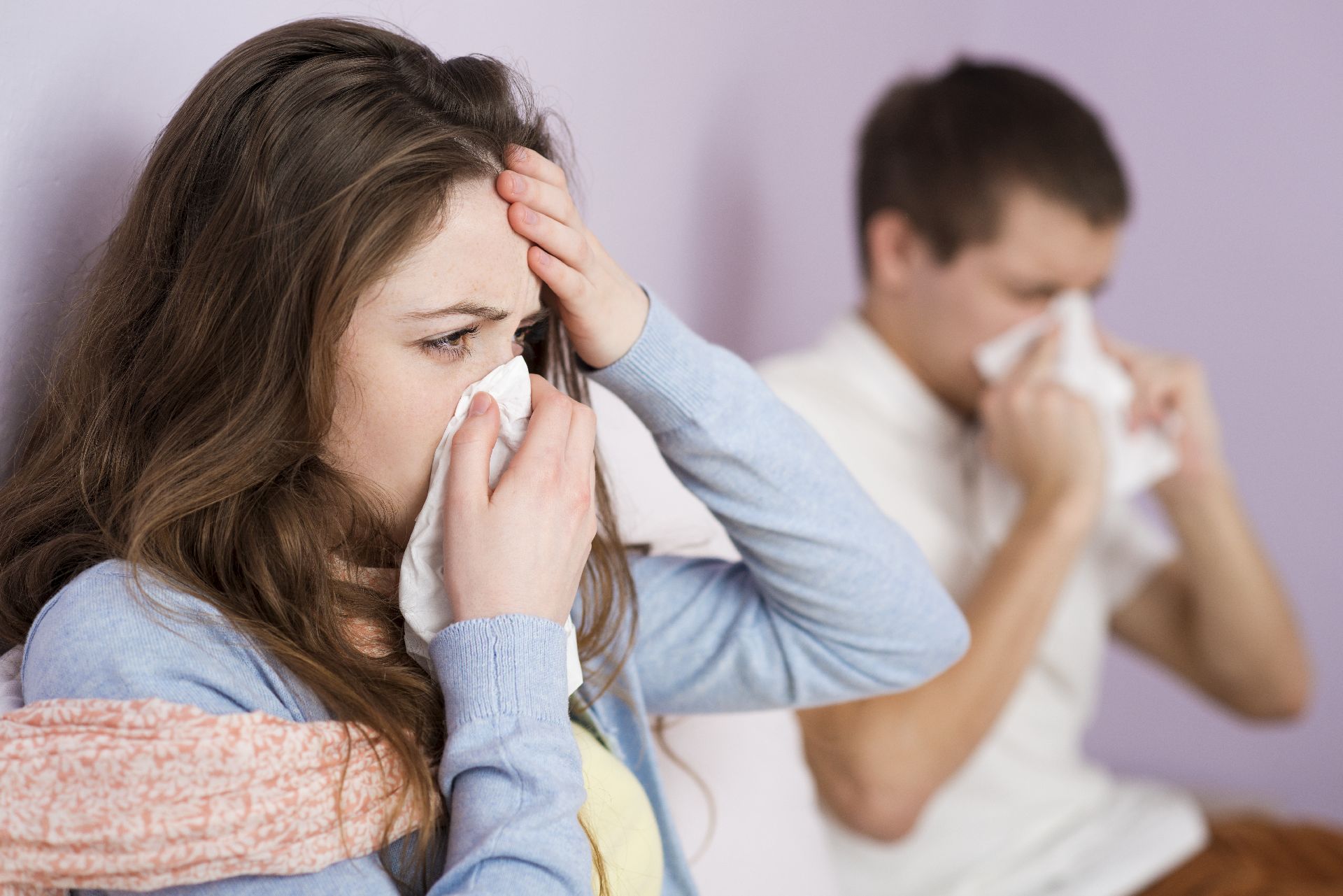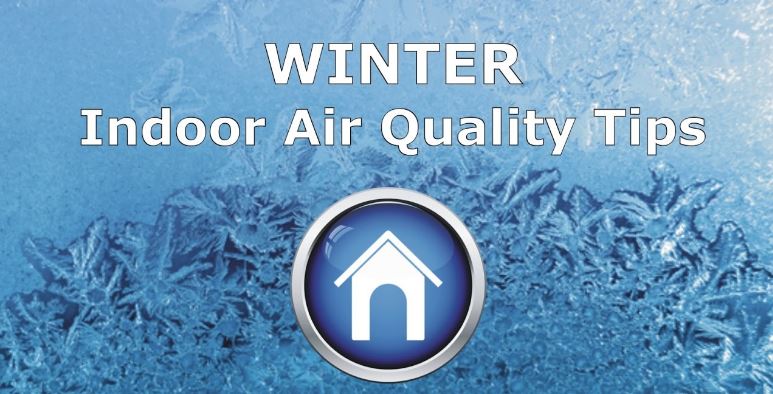Air Purifiers vs Humidifiers – Which Is Best?

Air Purifiers vs Humidifiers – What Are the Differences? Although both humidifiers and air purifiers can impact the air quality in your home or office, they are used for different reasons and different conditions. Someone with allergies does not need the same solution as someone who’s bothered by dry air conditions. There are advantages and […]
Do Air Cleaning Devices Make You Sick?

If you are allergic to dust, pollen, or other pollutants, you may want to buy an air purifier. These devices are great for people who have allergies, and can help them breathe easier. They can also improve the odor of a home and remove dander from surfaces. This article will explain why you might need […]
Why You Should Buy an Air Purifier

Were you aware that the air inside your home is more than six times more contaminated than the air outside? Of course, you cannot clean the outdoor air. However, what you can do is to clean the indoor air. The technology that assists you to do this is an air purifier, also called an air […]
Can Air Purifiers Make You Sick?

Many people are using air purifiers in their home to help keep the air clean, but there is some debate over whether these devices are harmful to your health. They can be a great way to keep the air quality in your home clean, and by doing so help you stay healthy. In fact, for […]
How to Use Air Purifiers to Clean Air in Homes

How to Use an Air Purifier to Clean Air in Your Home Many people wonder if pollutants in their homes could be causing health problems. But studies show that air pollution is a major contributor to several chronic diseases. These diseases are not only found in cities, but indoor air pollution can also impact us […]
The Importance of Indoor Air Quality in Winter

When the weather turns colder, indoor air quality tends to deteriorate. As a result, many people lock doors and windows to maintain the warm temperature. While this increases comfort levels, it also causes poor circulation of air inside the home. This leads to a buildup of pathogens, which can cause a variety of ailments, including […]
How to Improve Indoor Air Quality in Winter

It’s crucial to take steps to improve indoor air quality during the winter. The cold, dry air can irritate your nose, throat, and skin. In addition to these immediate irritations, poor indoor-air-quality conditions can lead to other health problems such as respiratory illnesses and headaches. Here are some easy ways to improve the quality of […]